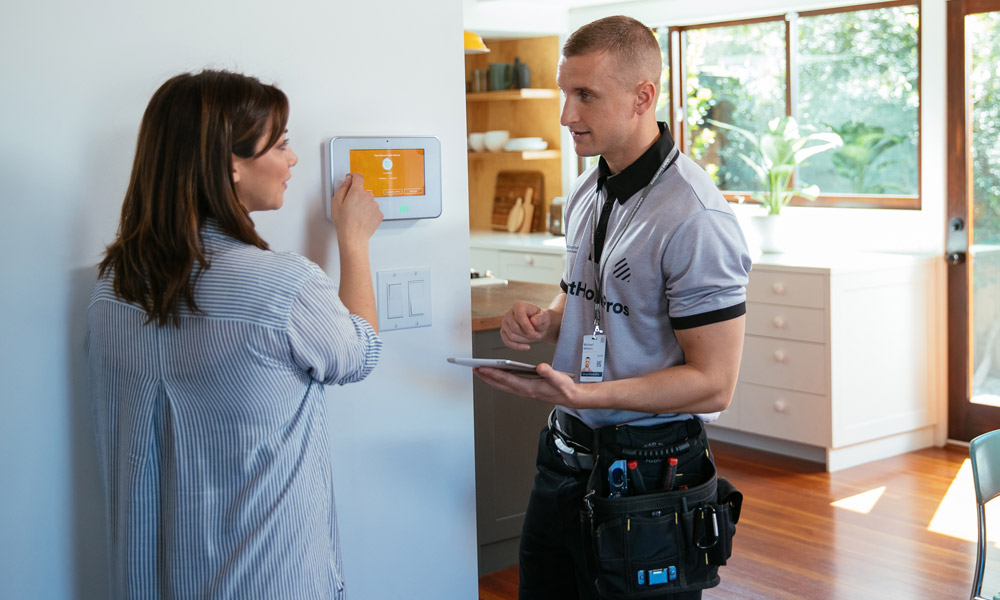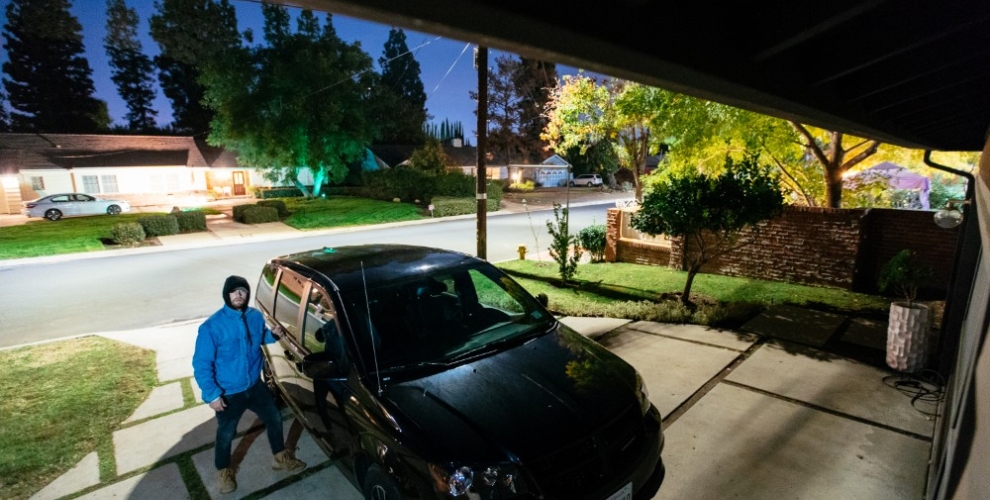
Installing a home security system is best left to the experts, which is why signing a contract with an installation service is strongly recommended. But avoiding the do-it-yourself route does not mean you are to remain completely passive during the installation. To ensure security is maximized and liability limited, ask the home installer five very important questions before giving the green light.
How complicated would it be to move the system from one location to another?
There may come a time when you wish to move. Perhaps you spend only part of the year at the residence and several months at a vacation home. Regardless of why you are moving, the home automation system has to come along, so learn how to remove the unit and install the system in the new location.
With a wireless system, installing/uninstalling/re-installing should not take much time or present much hassle. After all, no drilling is required, except in the case of a hardwired unit.
What is not protected by the warranty?
Equipment is going to be protected by a warranty, but missteps and bad decisions could void it. Troubleshooting on your own, calling in a third party repair service, and replacing parts are all examples of steps leading to a voided warranty. Check with the installer to determine what can and cannot be done warranty-wise.
Are the installers covered under a comprehensive insurance policy?
While the chance of someone being injured when installing the alarm system on your property is low, accidents are always possible. Be sure that you confirm what the workman’s comprehensive insurance policy covers. This way, you do not have to worry about liability if someone slips, falls, or otherwise suffers an injury as a result of a mishap.
How modern is the equipment being installed?
Homeowners do not like old and outdated security equipment. The installer should provide modern equipment that delivers cutting-edge protection. The newer the equipment is, the better the features will be and the more effective the alarm ends up being.
How long is the response time to the home monitoring and who is actually doing the monitoring?
If the alarm goes off during a break-in, you are really only “half protected”. The arrival of law enforcement or a response team is what ensures your protection. Find out who handles the phone service at the monitoring headquarters and be clear what the average response time is once the alarm is sounded. You want to rely on personnel trained to handle emergencies. Similarly, you probably want to avoid outsourced help trained solely in customer service.
Conclusion
Never leave anything to chance. Always confirm your concerns about the service so you know what you are getting. Your security relies on such diligence.


